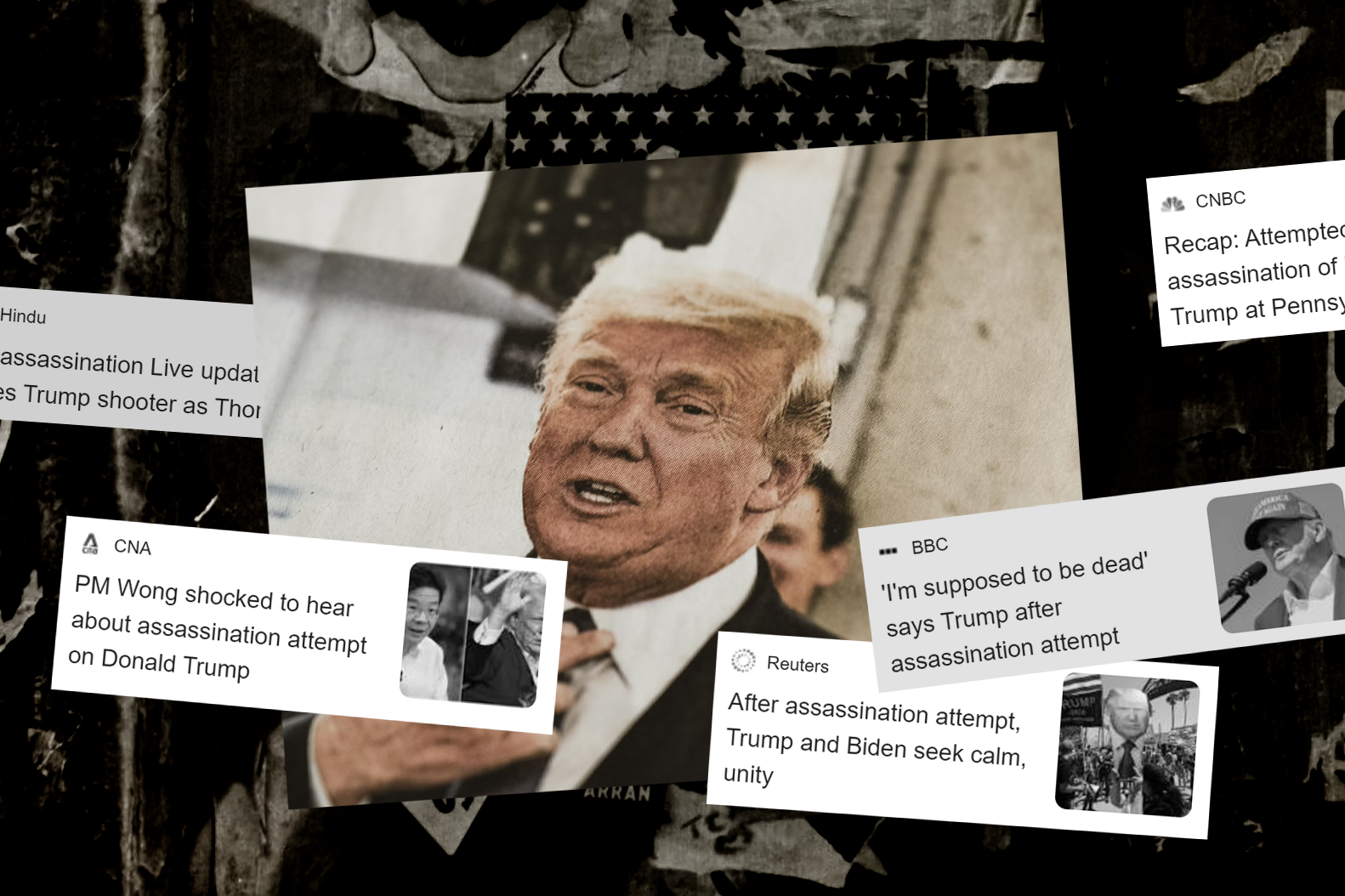1. What have you been up to this year (or recently)?
The biggest thing so far has been the live recording for “Maranatha” at the end of April. Right after that, we went into the Isaiah 62 Fast with Burning Hearts. I have also just ended another 21 days of fasting with my church RiverLife, so it’s been quite a year of fasting.
Going through all that, I feel like the Lord is doing a lot in my heart and the communities I’m part of. Right now, we’re in the thick of post-production for the upcoming album.
2. “Wilderness” is a track that sounds like a reassuring hug from God. What’s the story behind “Wilderness” as well as the rest of the album that’s on the way?
Wilderness was a song written during the pandemic. It was a time when I hit a low in many areas, and I would worship God in the midst of that.
This song essentially wrote itself. I wrote it in one sitting, which is not typical. It was one of those times when I felt the Holy Spirit ministering to my heart as I was writing.
Often we see the wilderness as something negative, but Hosea 2 talks about the wilderness being designed for intimacy and a place to encounter God.
It was a place that stripped away everything, so God’s people could rediscover who He is.
We sang the song as an intercessory cry at one of the Isaiah 62 Fast Nights. It felt odd since the song was meant to be about my own wilderness during covid, so it’s interesting that God could use such a personal song to minister to others as a prophetic declaration.
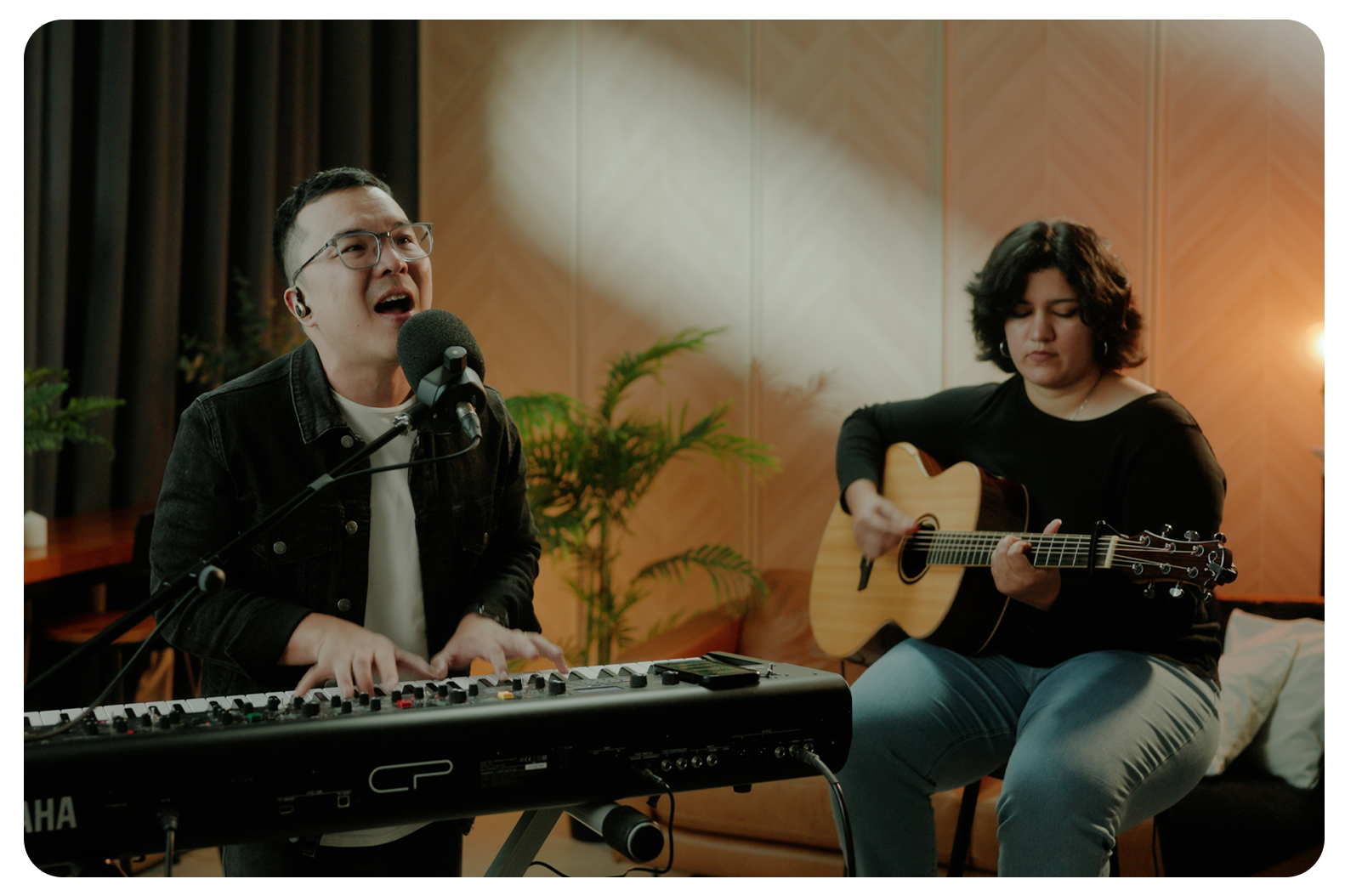
3. How did you start your journey as a worship leader? And what does worship mean to you?
I started leading worship when I was 14 in youth service before transitioning into the adult service at 15 years old. And then I went to the US, where I led the college worship ministry there.
But it was after all that, when God “interrupted” my life and led me to a prayer movement, that I had to redefine what worship was to me. That was probably my first wilderness season and how I got started.
4. How did your time in the United States shape your calling and walk with God?
I made a prayer when I was 16. I told God if He ever wanted me to serve full-time, He would “interrupt” my life as a sign.
Eight years later, while I was studying in the US and headed towards a career as a clinical psychologist, the Lord indeed interrupted my life.
In the span of 48 hours, I lost a relationship and a job — everything was falling apart.
In the wake of all that, God dunked me into a global prayer movement. That led to a series of crazy, prophetic things where I got more convicted of my full-time call.
Hence, the US was definitely the defining moment in my journey.
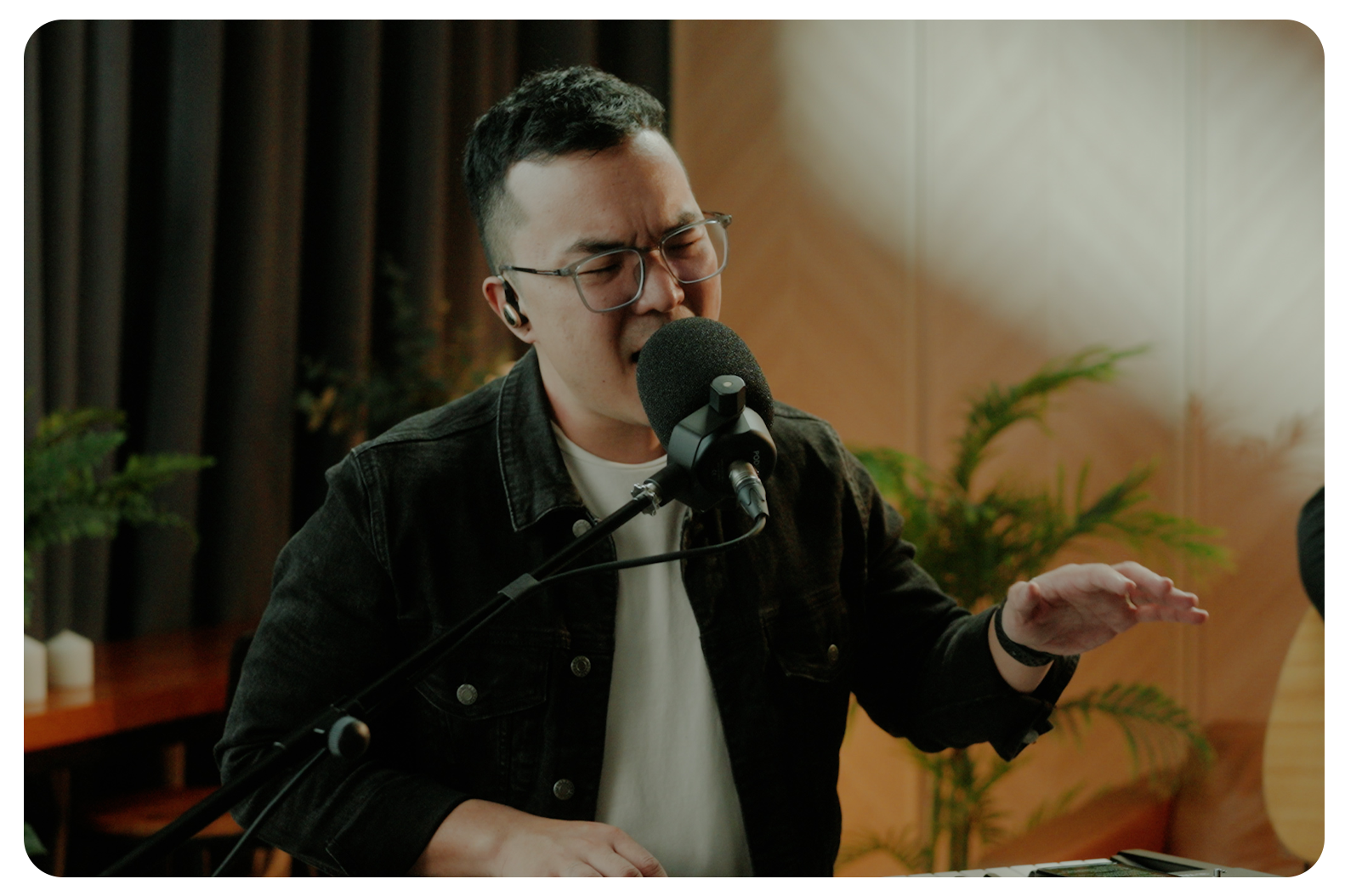
5. What’s the difference between good and great worship?
It’s important not to define worship from a consumer perspective. We come from a culture where we evaluate worship like how we evaluate Spotify artists.
The only person who gets to evaluate how good or great worship is, is God. It’s not all about having goosebumps or the song “speaking” to you.
More importantly, has it moved God’s heart?
Worship is ultimately a response to the revelation of God and a matter of the heart.
I think that’s what makes great worship.
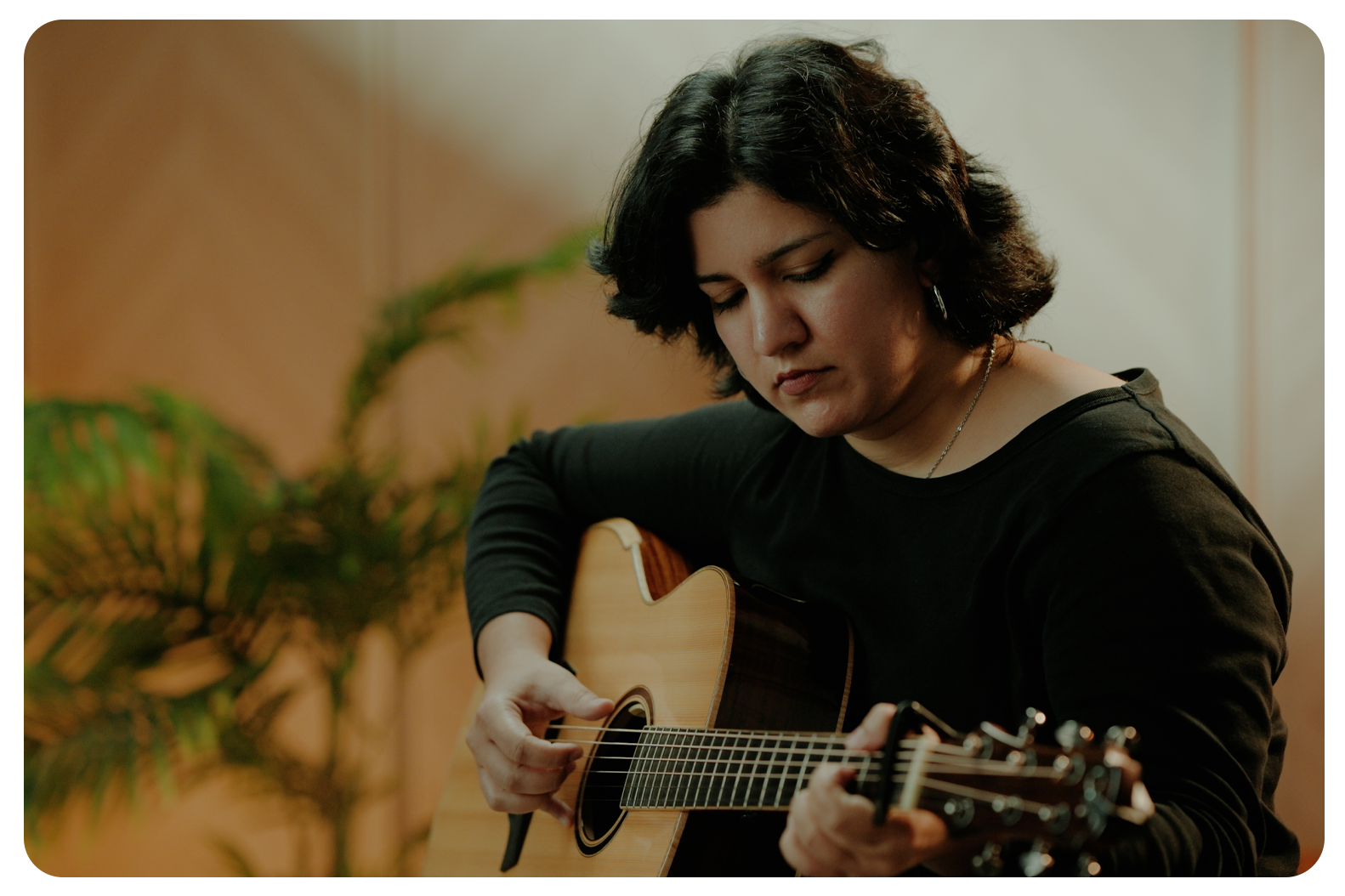
6. We love your music, and we love Jonathan Ogden’s music too – seeing you guys collab together was a real blessing. How did this collaboration come about, and what do you like or learn from such kingdom partnerships?
We were talking about my upcoming ministry trip in Japan, when I found out he was planning a trip to Japan as well — that was how we ultimately decided we should go together.
We visited a martyrs’ memorial there and were impacted by the sacrifice of the people who laid down their lives for the sake of the Gospel.
We eventually wrote two songs from that experience and the time spent in Japan.
Writing with Jon is easy because we drink from the same source and carry similar paradigms and revelations concerning Jesus’ return.
Collaborating with such people also pushes me creatively as a songwriter.
7. “Reward” was a song that really gained traction among the churches here. What was the songwriting process like, and how did the song’s reception impact your life?
Reward is special to me because it’s based on my life verse in Matthew 16:26: “What good will it be for someone to gain the whole world, yet forfeit their soul? Or what can anyone give in exchange for their soul?”
We could be doing everything right in this life, but if we have not come before Him with a burning heart, it’s all for nothing.
I love that the Church in Singapore has taken hold of the song.
If there’s any church in the world that needs to sing those words, it’s a church that has all the comforts of Singapore.
To be honest, there was a time when the song impacted me a little negatively because it’s overplayed in some ways.
But I was at the Burning Hearts Conference when Elijah Choi said that Reward is a song that would be sung in eternity when we see Jesus face to face.
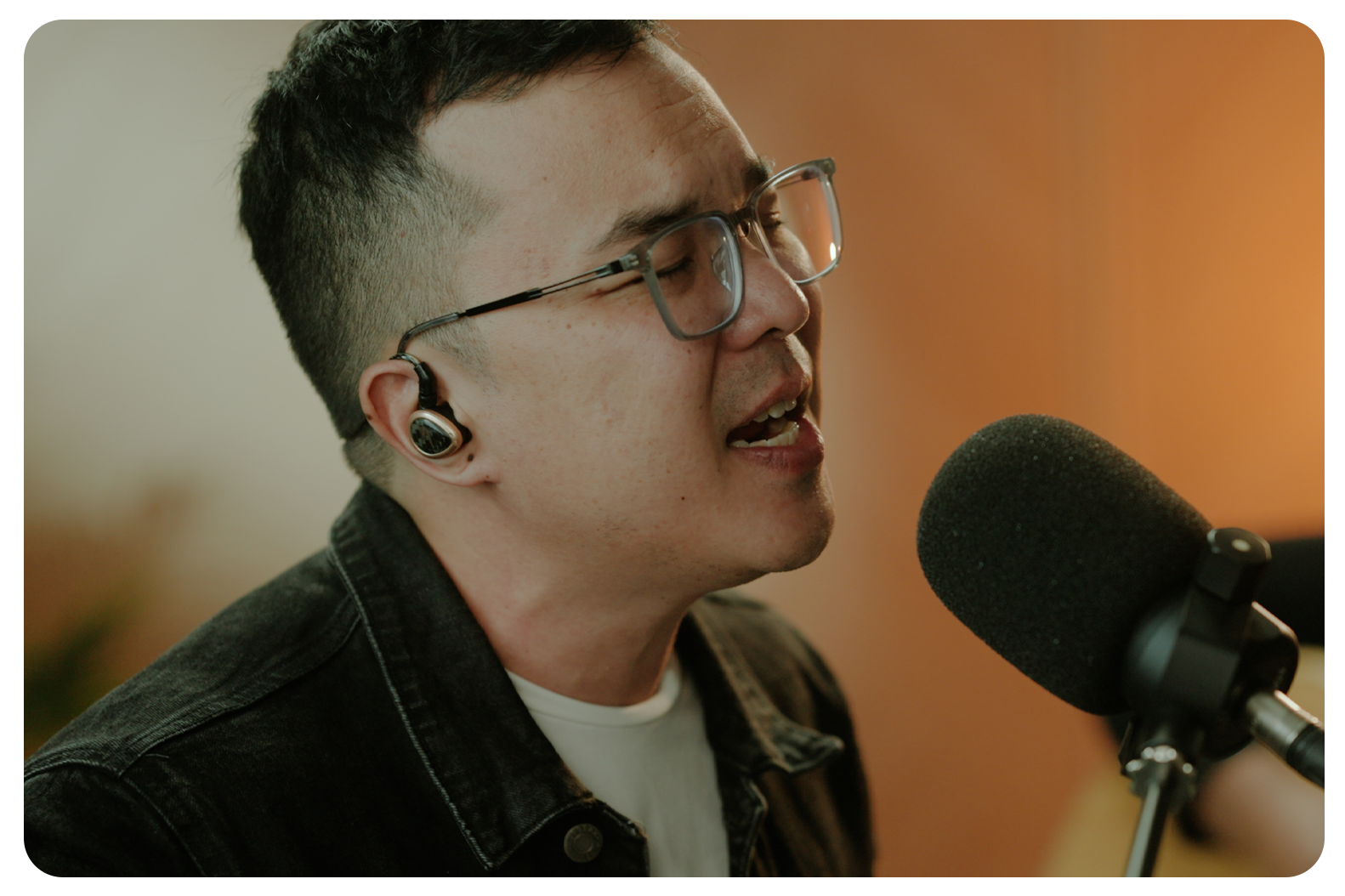
That really corrected my perspective; the song is not about me.
I was reminded about the true worth of the song — if Jesus loves hearing it, I’ll sing it for all my days.
8. What are some practical handles, words of advice or encouragement you might share with young songwriters?
Colossians 3:16 talks about letting the Word dwell in you richly.
I think that’s the key to songwriting. The need of the hour is for people who let the Word dwell in them so richly, that when they sing, they sing the Word of God.
As songwriters, we are messengers and singing theologians. We are theologians who study God’s heart and from there, receive a message to be conveyed to the people.
If worship is a response to the revelation of God, then we need to write songs that actually reveal Him so people can worship Him.
We need a generation that will sit before the Word and let it shape their hearts so that the songs they write carry the same power in Colossians 3:16.
Josh’s album “Maranatha” comes out in September.








